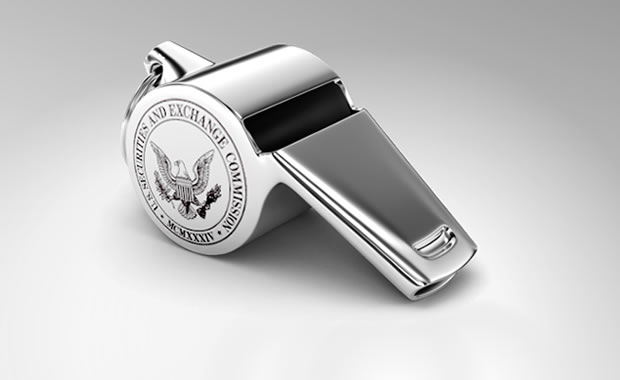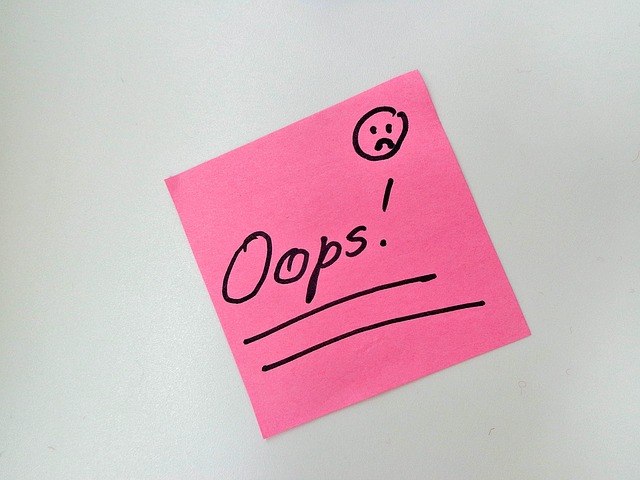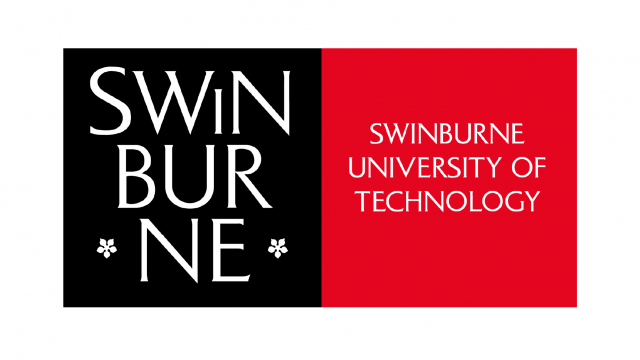
Harvard has investigated work from the lab of a cancer researcher at Beth Israel Deaconess Medical Center that has been under scrutiny on PubPeer for more than five years.
Questions about the output of the lab, run by James W. Mier, began appearing on PubPeer in 2014, with comments about images that looked manipulated. The pseudonymous whistleblower Clare Francis sent Gretchen Brodnicki, Harvard Medical School’s dean for faculty and research integrity, an email about those comments on Sept. 27, 2014, and on July 24 of this year, Brodnicki asked Francis to resend that email.
Also that month, the journal Clinical Cancer Research issued an expression of concern for a 2006 paper by Mier and colleagues, which stated:
Continue reading Cancer lab at Harvard subject of inquiry






